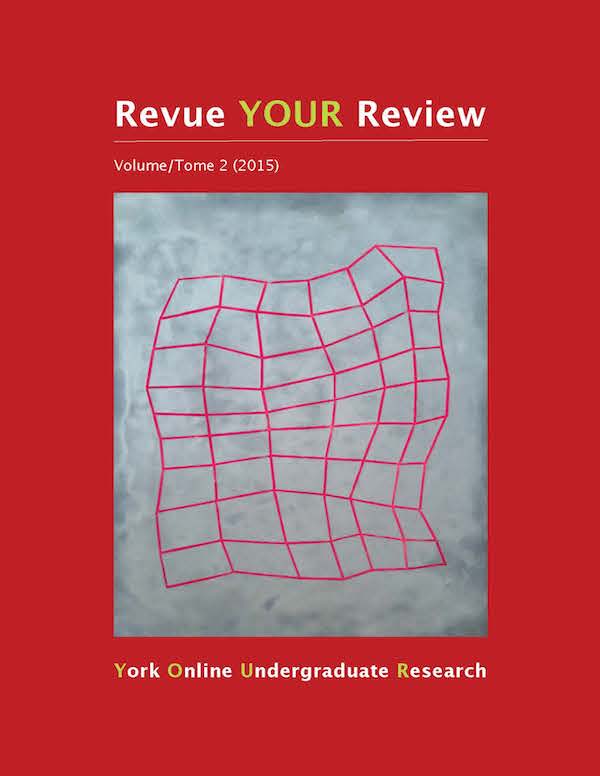Nitric Oxide: Implications of a Potential Ergogenic Aid
Keywords:
nitric oxide, arginine, nitrate, performance, beetroot, ergogenicAbstract
Nitric Oxide (NO) is an endogenous free radical and a potent vasodilator in the human body. While it has many clinical applications, interest in NO use as a potential ergogenic aid has increased greatly in recent years. There are now many different types of NO-producing supplements, split into three major categories: arginine, citrulline, and nitrate-based supplementation. Recent literature has yielded mixed results for all three. Arginine-based supplements work in some cases, but have several recurring limitations that question the validity of their conclusions. There is currently no conclusive or decisive evidence to support the claims made regarding arginine or citrulline-based supplements. Nitrate-based supplements taken 2.5 hours prior to aerobic exercise produce positive ergogenic effects such as decreased oxygen consumption and increased exercise tolerance at submaximal and moderate intensities; however, these supplements have no ergogenic effect on highly trained subjects. The amount of nitrate that needs to be consumed to obtain ergogenic effects can be obtained through a meal of 100g of nitrate-rich vegetables such as beetroot, spinach, and lettuce. Considering the unstable nature of nitric oxide, there is also a lack of studies observing the magnitude of protein damage over chronic supplementation. There is also a lack of studies that observed elderly and female populations. Future studies should investigate the effects of chronic supplementation on 3NT levels—a marker of protein damage.
How to Cite
Issue
Section
License
Authors contributing to Revue YOUR Review agree to release their articles under one of three Creative Commons licenses: Creative Commons Attribution 4.0 International; Creative Commons Attribution-NonCommercial 4.0 International; or Creative Commons Attribution-NoDerivatives 4.0 International. All editorial content, posters, and abstracts on this site are licensed under Creative Commons Attribution-NoDerivatives 4.0 International. For further information about each license, see:
https://creativecommons.org/licenses/
In all cases, authors retain copyright of their work and grant the e-journal right of first publication. Authors are able to enter into other contractual arrangements for the non-exclusive distribution of the e-journal's published version of the article (e.g., post it to an institutional repository or publish it in a book or in another journal), with an acknowledgement of its initial publication in this e-journal.


